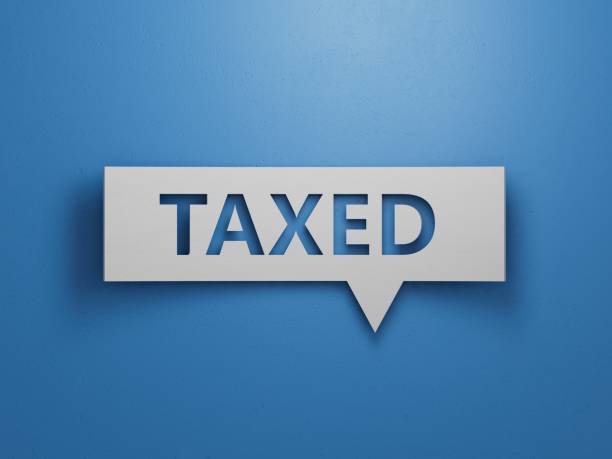Over the last 18 months, the Washington Policy Center has published several articles and a policy brief on the ineffectiveness of pandemic lockdowns on the spread of COVID-19. Now a new, peer reviewed study from the National Bureau of Economic Research (NBER) has reached the same conclusion.
The study, ‘A FINAL REPORT CARD ON THE STATES’ RESPONSE TO COVID-19’ by Phil Kerpen, Stephen Moore and Casey B. Mulligan, concludes, that for the United States there was very little health benefit, on average, for states that had the most restrictive lockdowns vs the states that were less restrictive.
Using Florida as an example as the state had widely publicized, less restrictive lockdown policies but its average mortality rate had little differences to those states that had locked down. Economic activity and education (96% of schools remained open) was significantly higher than the states that remained closed.
Comparing Florida to California, which had extensive lockdowns and only 20% of its schools open, the average health and average mortality was similar.
Washington ranked 6th in the nation for the lowest number of COVID deaths adjusted by age and was ranked 47th in the nation for in-person education time in the classroom. Estimates show that the long-term effect of almost 2 years of education outside of the home are approximately 13.8 million years of lost education nationwide. The long-term impacts of remote learning won’t be known for many years. According to the report, when taking into account the impact to children that did not fully complete their high school education, the combined mortality rates for COVID related lockdown impact and resulting mental health issues will be much higher than for those states that kept their schools open.
This long-term impact might be significant in Washington, which could have opened its schools much sooner with little impact to the mortality rate.
Public health data from John Hopkins confirms there is little or no difference in COVID-19 case trends in the sampling of states with the most economic and social restrictions compared to the states that impose the least restrictions. In fact, the rate of confirmed cases is declining faster in the states with limited restrictions. California, where the governor imposed the harshest restrictions, saw seeing some of the fastest increases in confirmed COVID-19 cases during the pandemic.
The data shows that infection rates are not significantly affected by strict, long-term lockdowns, while they do impose harmful mental health problems, increased social and family emotional stress and a strong negative economic impact on small business owners and working people.
Should there be a resurgence of a COVID, based on the data now available, lockdowns are not the solution.






